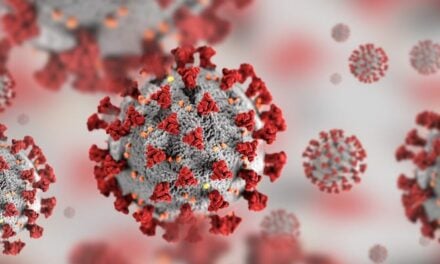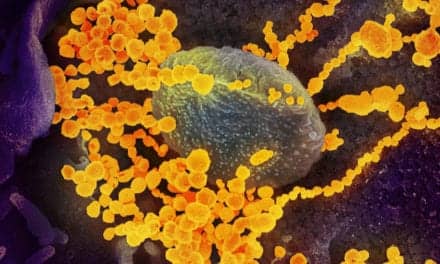Access Biologicals has announced it has developed seroconversion panels, allowing anti-SARS-CoV-2 antibodies to be measured in samples from people who have received the COVID-19 vaccine.
Diagnostic manufacturers, clinical laboratories, and researchers can use the panels as a reliable analytical benchmark to determine vaccine efficacy against not only existing strains of SARS-CoV-2 but also new variants.
Specifically, they can pinpoint when seroconversion takes place, the moment when antibodies become detectable and the immune system has deployed its virus-neutralizing defenses. Knowing when this happens permits, for example, the optimization of vaccination rollout strategies.
With its new vaccine seroconversion panels, Access Biologicals now offers a complete line of serological tools to identify and quantify the presence of anti-coronavirus antibodies in samples from people who have had the virus, are in the process of being vaccinated or are fully inoculated.
“While a mass vaccination strategy is necessary to control the pandemic, it’s just as important to know exactly how effective the vaccines are in terms of anti-SARS-CoV-2 antibody response, which is what the vaccine seroconversion panels do,” says Mike Crowley, Managing Director Access Biologicals. “They’re fundamental tools to help us return to pre-pandemic normality.”
Currently the vaccine seroconversion panels from Access Biologicals only use plasma samples from donors inoculated with either the Moderna or Pfizer-BioNTech vaccines, though the company is developing seroconversion panels with other vaccines.
To create the panels, samples were collected before vaccination and after the first and second doses, then tested for antibodies to SARS-CoV-2 (IgG) against the S1 and S2 spike proteins using enzyme-linked immunosorbent assays (ELISA) and chemiluminescent assays (CLIA).
The methodology to develop the Moderna seroconversion panels was recently published on the medRxiv preprint server. Research to develop a seroconversion panel to detect anti-SARS-CoV 2 antibodies in a single subject infected with the virus was published in February 2021 in the peer-reviewed journal Diagnostic Microbiology and Infectious Disease.





